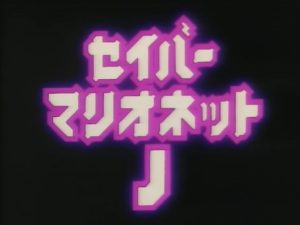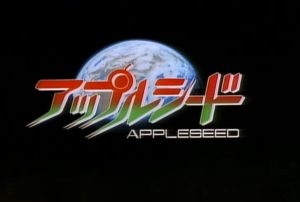Around 200 years in the future an organization called The Historical Revisionists labors to change history through the use of a time-traveling army of monsters. To prevent their meddling, warriors created from the spirits of various famous swords are sent back in time to fight them.
In reality this show mostly consists of daily life scenes focused on the swords’ antics around the citadel compound and their reminiscence of past events as weapons. The action aspects, when they show up at all, are relegated to a 5-minute or so mission segment toward the end of each episode.
More Information:
aniDB
Crunchyroll
Wikipedia








